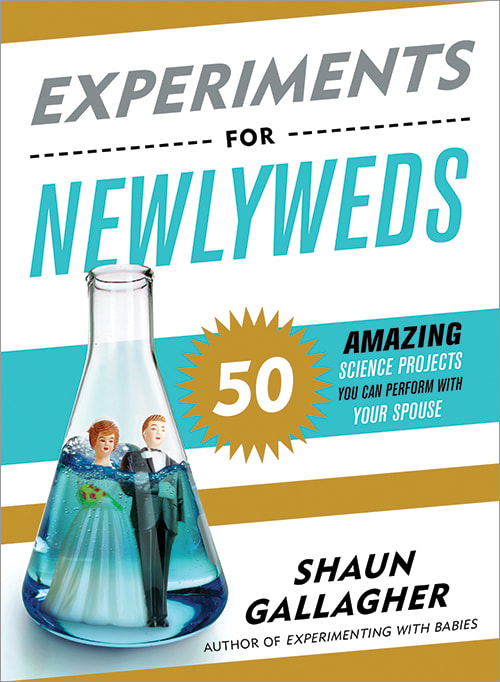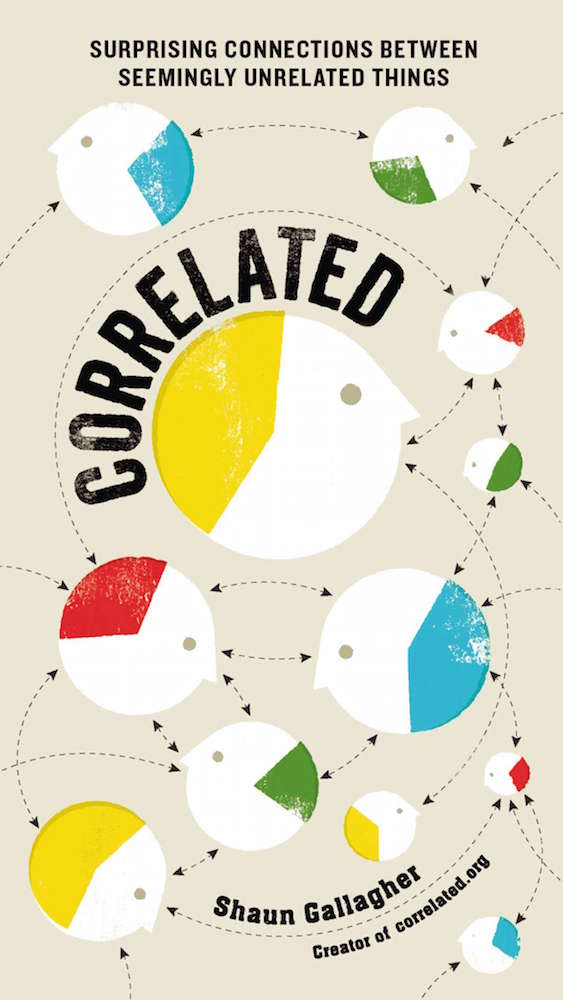Newly engaged couples might spend hours deliberating about whether to register at Bed Bath & Beyond, Macy's, Target, or The Knot.
They might agonize over the perfect place settings and kitchen appliances to add to their wedding registries.
Yet while a carefully curated, well-stocked wedding registry might help a couple acquire the physical items they need to start their life together, there's a lot more to a strong, successful marriage than just having the right houseware.
After the wedding and honeymoon period are over, married partners are going to need continued love and support to help them grow as individuals and as a couple, endure the inevitable rough patches that will occur during their marriage, and keep their relationship healthy and satisfying through the long haul.
Yes, the physical and monetary gifts they receive from their wedding guests will come in handy, at least for a time. But one of the bests gifts a close friend or loved one can offer the new spouses is a promise to support them and their marriage not only on the date of their wedding, but also five, ten, and twenty years down the line.
Enter the marriage registry.
Don't be confused — a marriage registry is not the trip to city hall to get a marriage license, nor is it the fancy guest book you display at your wedding. A marriage registry is similar to a wedding registry, in that a soon-to-be-married couple chooses items from a list of options, and friends and family are invited to peruse the registry and pledge to provide items on the list.
But in a marriage registry, the list is not made up of physical gifts, like a blender or a bedding set. Rather, it consists of the types of support — social, emotional, spiritual, or otherwise — a couple will need throughout their marriage.
Some examples:
• A "Marriage Godparent": an older friend or family member who is willing to proactively check in with the couple every once in a while to see how they're doing.
• An "Accountability Partner": a friend or family member who is willing to help one or both spouses keep a commitment in some area of their life, whether it be a moral commitment, a commitment to avoid a vice like smoking or drinking, or a commitment to achieve some other personal goal.
• A "Counseling Confidante": a friend or family member who has been through relationship therapy, marriage counseling, etc. and who can offer practical advice and encouragement, should the couple need it at some point down the line.
• A "Prayer Partner": a friend or family member who is willing to lend spiritual support and encouragement by praying with you and your spouse and praying for the marriage.
Creating a marriage registry involves a careful consideration by the couple of some of the challenges they may face during their marriage, and it also can be a source of ideas for how support from friends and family can help the couple navigate those challenges. It can be incorporated into premarital counseling programs or other forms of marriage preparation.
As with a wedding registry, each couple's marriage registry is unique to their relationship. Some couples might recognize that the dynamics of their relationship or the unique attributes of their personalities might require more external support in one area and less in another area.
Unlike a wedding registry, however, it's never too late to build a marriage registry. Even couples who have been married for decades can find the exercise to be a fruitful one.
If you are planning your own wedding, I've created a free online tool that allows you to customize and share your own personalized marriage registry.
If you know an engaged or recently married couple who might benefit from a marriage registry, feel free to pass on the link!



